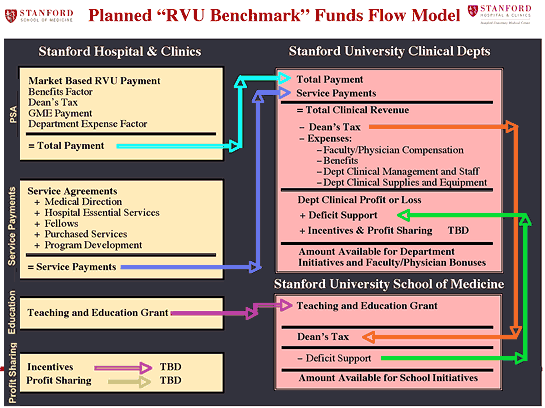The OIG released an updated self-disclosure protocol this week, about ten months after putting out a call for comments on the old protocol. The new protocol imposes some new burdens on the disclosing entity, such as a shorter timeline for internal investigations and reporting, and higher minimum fines.
The OIG released an updated self-disclosure protocol this week, about ten months after putting out a call for comments on the old protocol. The new protocol imposes some new burdens on the disclosing entity, such as a shorter timeline for internal investigations and reporting, and higher minimum fines.
Accoridng to the OIG, the benefits of working through the OIG self-disclosure program include lower fines (i.e., lower multipliers of damages than would otherwise be assessed) and an almost certain exemption from entering into a corporate integrity agreement. The OIG will work with DOJ so that if a False Claims Act issue is uncovered it may be dealt with through this mechanism; ordinarily, the SDP is applicable only to matters where Fraud and Abuse CMPs may be assessed by the OIG. Since health care fraud may implicate numerous federal regulatory structures administered by different agencies, it is important to remember that Stark-only (i.e., physician self-referral) violations (unlike those that are triggered by the same facts that trigger a Fraud and Abuse (i.e., anti-kickback) violation) should be disclosed through the physician self-referral disclosure protocol.
It is of course preferable to prevent fraud and abuse rather than disclose and remediate it. Health care providers should invest in compliance programs that include educational and audit components. But if all that doesn’t work, there is at least some comfortin the availability of the self-disclsoure protoocol.
David Harlow
The Harlow Group LLC
Health Care Law and Consulting






